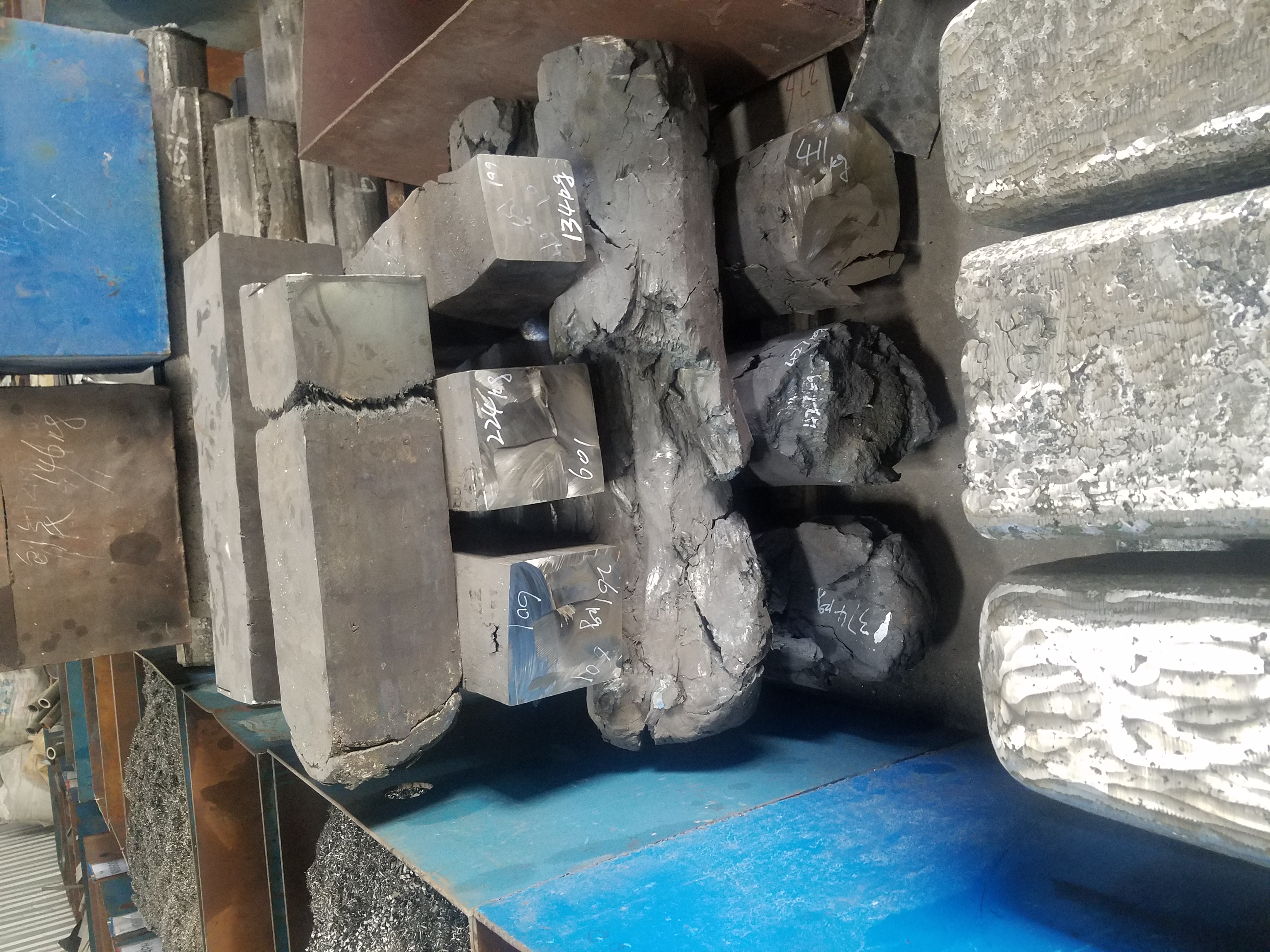Are you looking for a corrosion-resistant, high-strength alloy material for your next project? Consider Alloy 625 or Inconel 625. These nickel-based alloys offer excellent strength and corrosion resistance in extreme temperatures. But what’s the difference between the two? Let’s take a look at the key differences between Alloy 625 and Inconel 625.
chemical composition:
The first difference between Alloy 625 and Inconel 625 is their chemical composition. Alloy 625 is composed of 58% nickel, 22% chromium, 9% manganese, 5% iron, 3% molybdenum, 1.5% niobium and 0.5% silicon. Inconel 625, on the other hand, consists of 58% nickel, 20-23% chromium, 8-10% iron, 5-6.5% manganese, 3-5% molybdenum and 1-3% niobium and 0.4-0.7 of silicon. While the overall composition of both alloys is similar, there are subtle differences in the content of certain elements, which can have a large impact on performance in certain applications.
Heat resistance:
Heat resistance is another key factor when comparing Alloy 625 vs Inconel 625. Both materials can withstand temperatures up to 1120°C (2048°F), but after this point they begin to differ significantly in performance; while Alloy 625 can withstand temperatures up to 1400°C (2550°F), But Inconel 625 can withstand temperatures up to 1500°C (2730°F). This gives Inconel a slight advantage in applications that require higher heat resistance than Alloy offers. However, this also makes it more expensive due to the higher melting point and increased complexity required in the production process, which helps reduce costs significantly during the manufacturing process compared to Alloy 625.
Corrosion resistance:
In terms of corrosion resistance, both alloys excel in harsh environments such as seawater or acidic chemicals due to their high chromium content, primarily because the high chromium content helps protect them from oxidation at extremely high temperatures. . However, when exposed to reducing acids such as hydrochloric or sulfuric acid, Inconel performs better than Alloy due to its slightly higher niobium content, which gives it better protection against pitting corrosion caused by these types of acids.
in conclusion:
Alloy625 and Inconel625 offer excellent strength and corrosion resistance in extreme temperatures, making them ideal for a variety of industrial applications, from aerospace components to chemical plant equipment. Ultimately, the choice between the two will depend on your specific needs, including budget constraints, the level of heat resistance required, and the level of corrosion protection required for your specific application. Armed with this knowledge, you should be able to confidently choose the right materials to suit your project requirements!
Tianjin Anton Metal Manufacture Co., Ltd. is a company specializing in the production of various nickel-based alloys, Hastelloy alloys and high-temperature alloy materials. The company was established in 1989 with a registered capital of 10.0 million, specializing in the production and sales of alloy materials. Anton Metal’s products are widely used in aerospace, chemical industry, electric power, automobile, nuclear energy and other fields, and can also provide customized alloy material solutions according to customer needs. If you need to know the price consultation of alloy materials or provide customized alloy material solutions, please feel free to contact the sales staff.
==========================================
www.antonmetal.com
ANTON METAL| Your specialty alloys manufacturer
Email: dominic@antonmetal.com
Phone: +8613132148618(wechat/whatsapp)
Post time: Dec-18-2023











